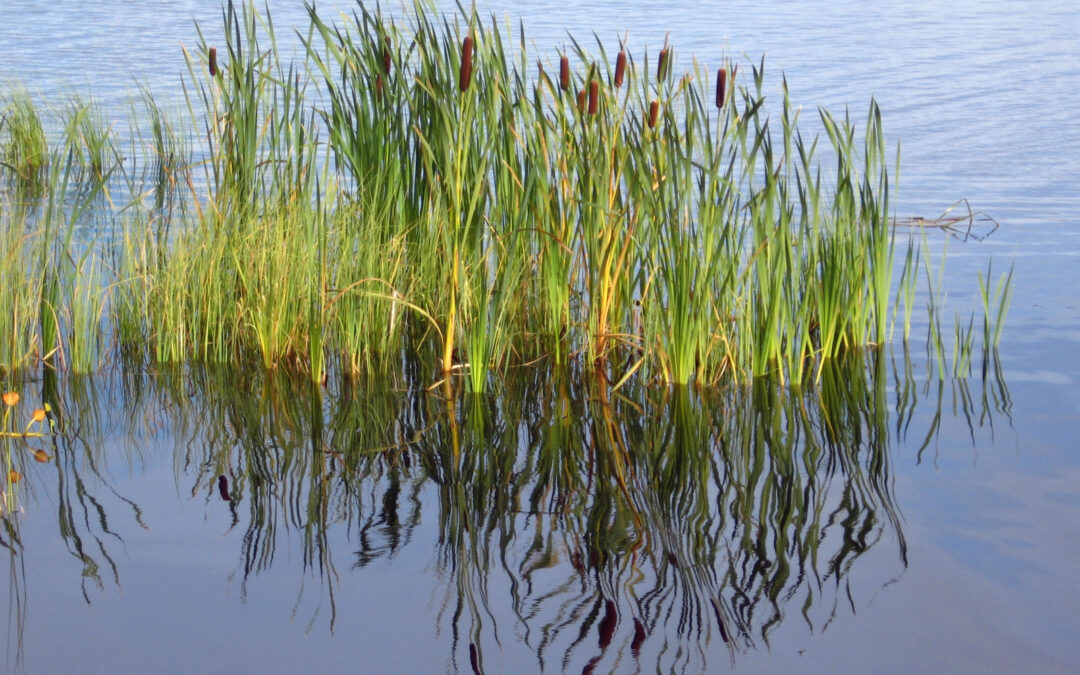Much like our bodies, lakes have a collection of measurements that add up to good health. If you’ve recently received a report on your lake’s health (hyperlink to water quality testing kit), here is a quick guide to the most important lake health measurements:
Measuring Lake Health Indicators
Dissolved Oxygen: Higher is better
-
- The generally accepted measurement of dissolved oxygen in lakes is 4-5mg/l. Anything below 3mg/l is too low for fish to survive, and indicates an unhealthy lake ecosystem. Oxygen levels above 7mg/l are optimal to support the growth of abundant fish populations and indicate a very healthy lake.
Water Clarity: Higher is better
-
- Lake water should be clear at least 2-3ft depth, but more is better. Clear water has low levels of suspended soil or algae, which allows sunlight to penetrate the water and maintain healthy levels of aquatic life.
Levels of Phosphorus and Nitrogen: Lower is better
-
- These chemicals can come from fertilizer runoff and contribute to nutrient overloading. The federally accepted phosphorus level for lakes and reservoirs is .025 ppm. Levels over 1000mg/l are toxic to people and animals.
Levels/Depth of Organic Muck: Lower is better
-
- Some organic sediment accumulating at the bottom of a lake provides habitat for aquatic organisms and supports a healthy lake ecosystem. But more muck doesn’t equal more biodiversity. If you’re noticing your muck, you’ve likely got too much.
Presence of Algae: It Depends
-
- Not all algae are harmful, some provide vital nutrients at the base of the food chain and promote a healthy aquatic ecosystem. However, some blue-green algae (aka cyanobacteria) can outcompete the good algae and form toxic blooms that are hazardous to human health.
Weed Growth: Not an Indicator
-
- Weed growth is not a reliable indicator of lake health, especially after a lake has been treated with herbicide. Just because weeds have died off from chemical treatments, that doesn’t mean your lake is getting healthier. In fact, scientific studies have established that long-term herbicide treatment actually accelerates lake decline through nutrient overloading that leads to more weeds, muck, and algae.
The EverBlue Lakes Solution ensures the long-term health of your lake and our third-party, independent success reports are backed up by real results. Are you ready to improve your lake’s health for good?
